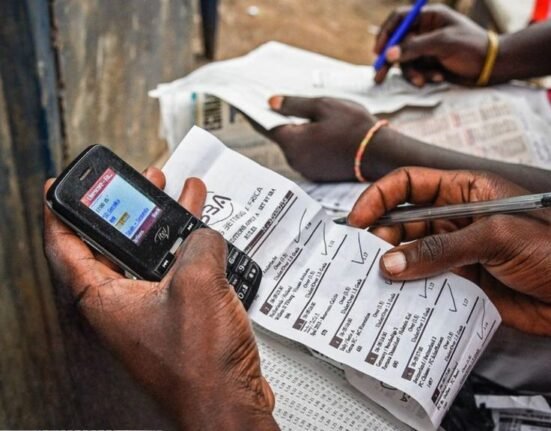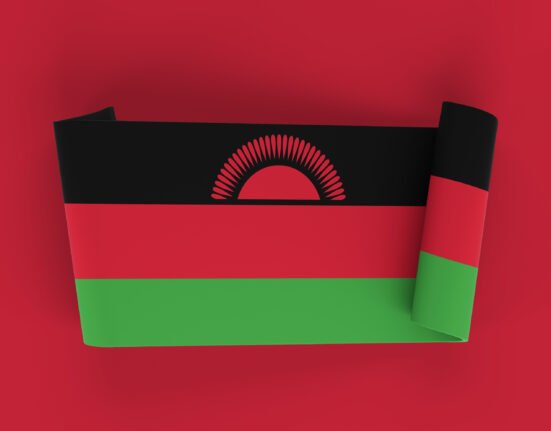Senate Prepares to Decide on Legal Sports Betting Framework
Oklahoma is on the cusp of a major shift in its gambling landscape as two key sports betting bills advance to the Senate floor for what could be a pivotal vote in the coming weeks. The legislation—House Bill 1027 and its companion Senate Bill 512—propose the legalization of both retail and mobile sports betting, marking the state’s most serious legislative movement on the issue to date.
The measures, which cleared the Senate Appropriations Committee in late April 2025, have garnered bipartisan support, with lawmakers highlighting the potential economic benefits, including increased state revenues, job creation, and enhanced regulatory oversight of an already active offshore wagering market.
Tribal Compacts and Revenue Sharing Central to Debate
At the heart of Oklahoma’s sports betting legislation is the state’s unique tribal gaming compact structure. Under the current proposals, federally recognized tribes—who operate over 130 casinos statewide—would be allowed to offer sports betting under newly negotiated compacts, paying an estimated 4-6% fee on gross sports wagering revenue to the state.
Supporters argue that the bills respect existing tribal sovereignty while modernizing the state’s gaming offerings to align with national trends. “This is about giving Oklahomans a safe, regulated way to bet on sports, while strengthening our partnership with tribal nations,” said State Representative Ken Luttrell, a key sponsor of the House bill.
However, some tribal leaders have expressed concerns over the revenue sharing terms and the speed of the legislative process, urging careful consultation to ensure long-term mutual benefits.
Economic Projections and Regional Competitiveness
If passed, Oklahoma stands to tap into a lucrative market, with analysts projecting up to $250 million in annual gross sports wagering revenue, generating tens of millions in new tax dollars. The move would also position Oklahoma to compete with neighboring states like Arkansas, Kansas, and Colorado, all of which have legalized sports betting in recent years.
Industry advocates argue that legalization could recapture millions in out-of-state and offshore wagers, creating a more secure environment for consumers.
Next Steps and Outlook
The bills now await a full Senate floor vote, anticipated by mid-May 2025. Should they pass, a conference committee would reconcile any differences between House and Senate versions before being sent to Governor Kevin Stitt for final approval.
With growing bipartisan support and increasing public interest, Oklahoma appears closer than ever to joining the ranks of states with regulated sports betting markets—though final negotiations with tribal stakeholders will be crucial to determining the shape and speed of the rollout.























